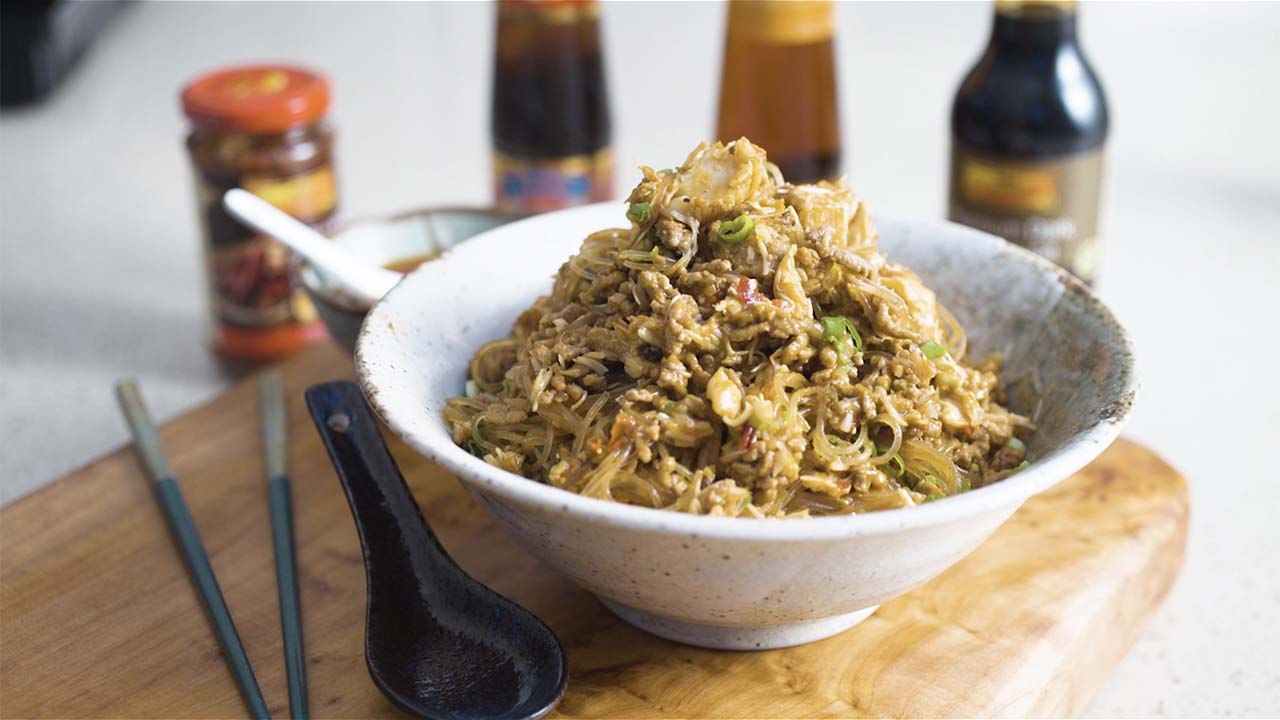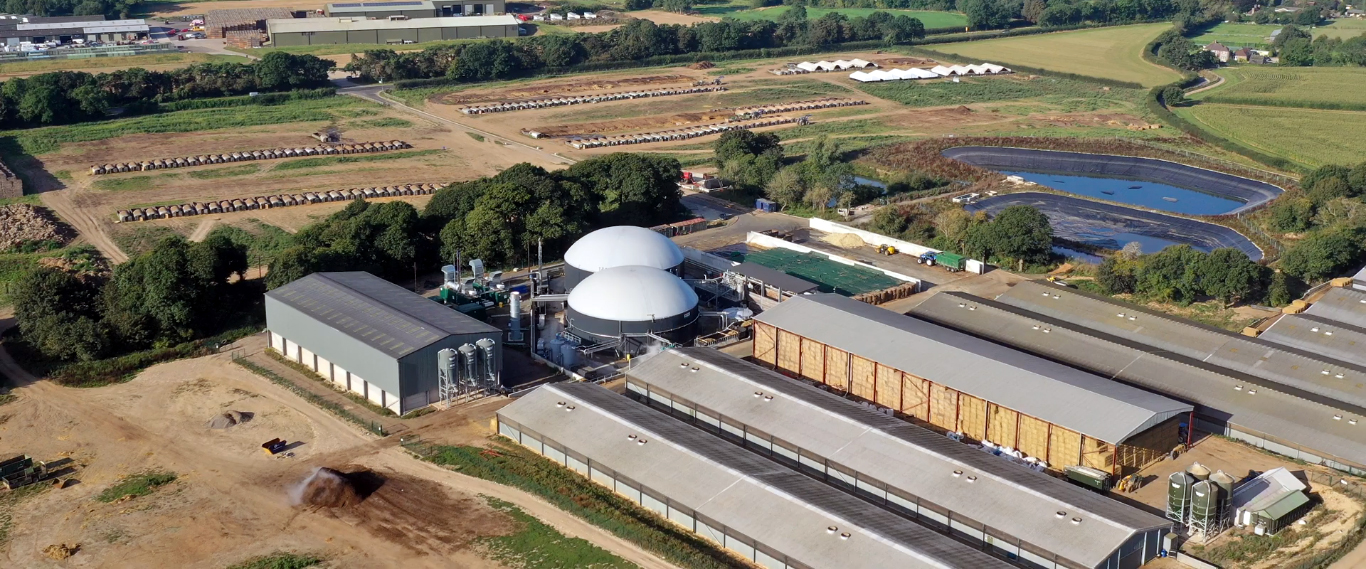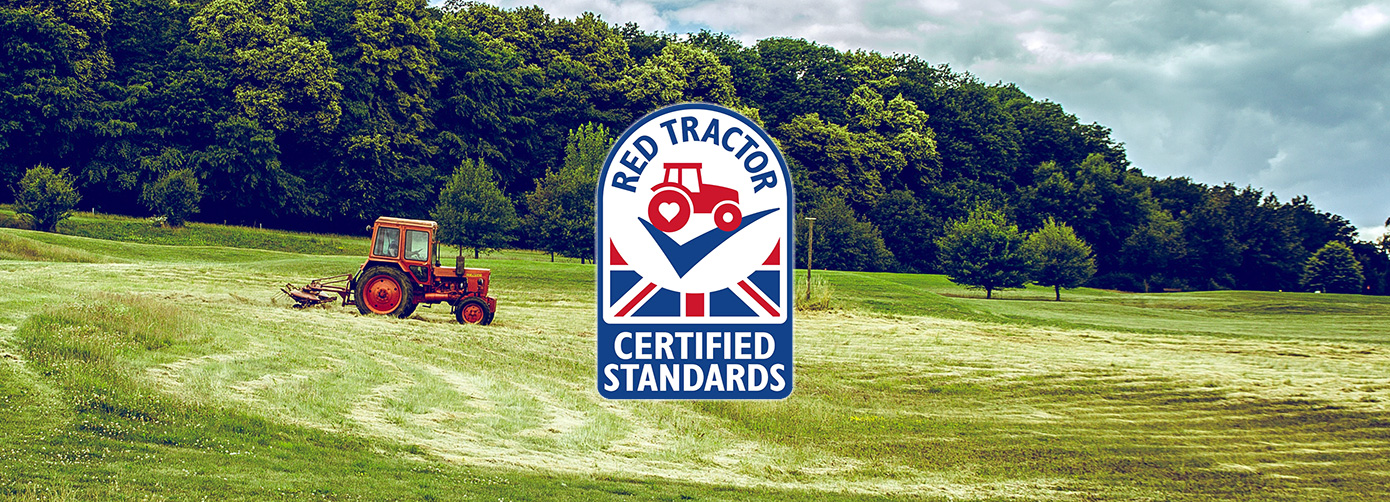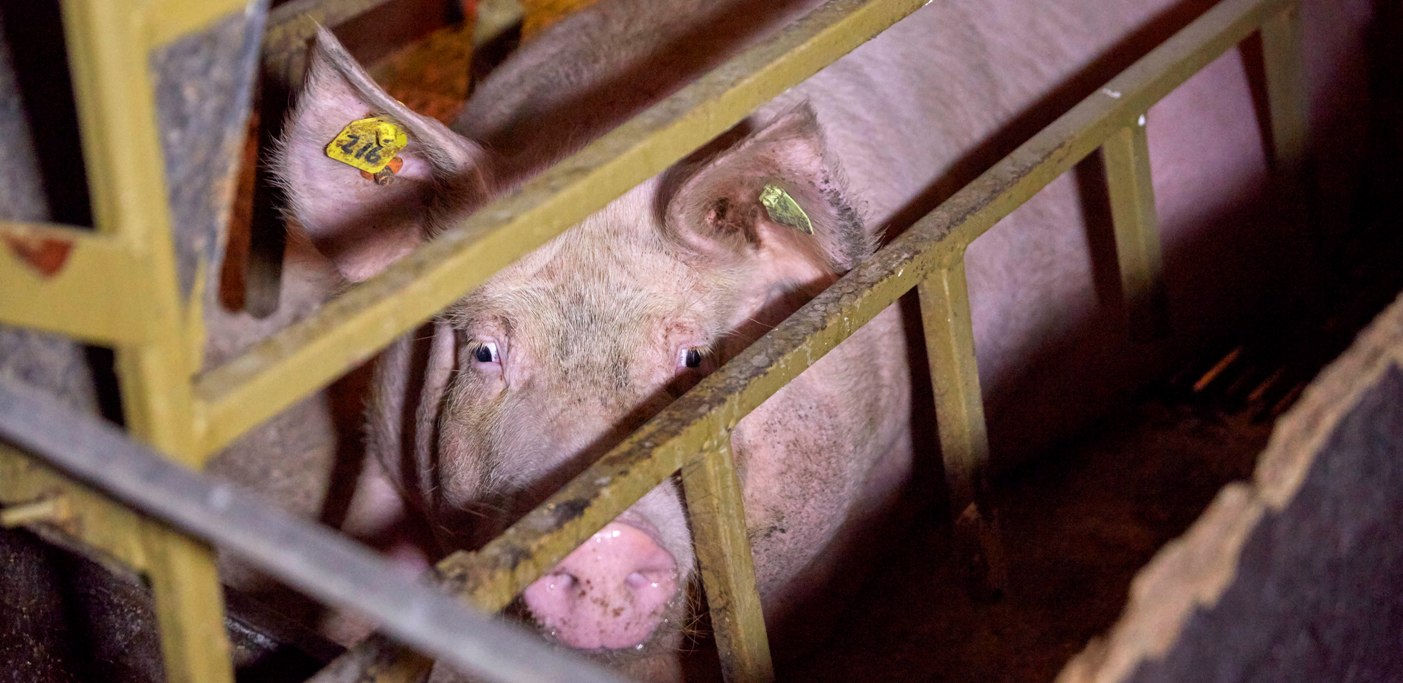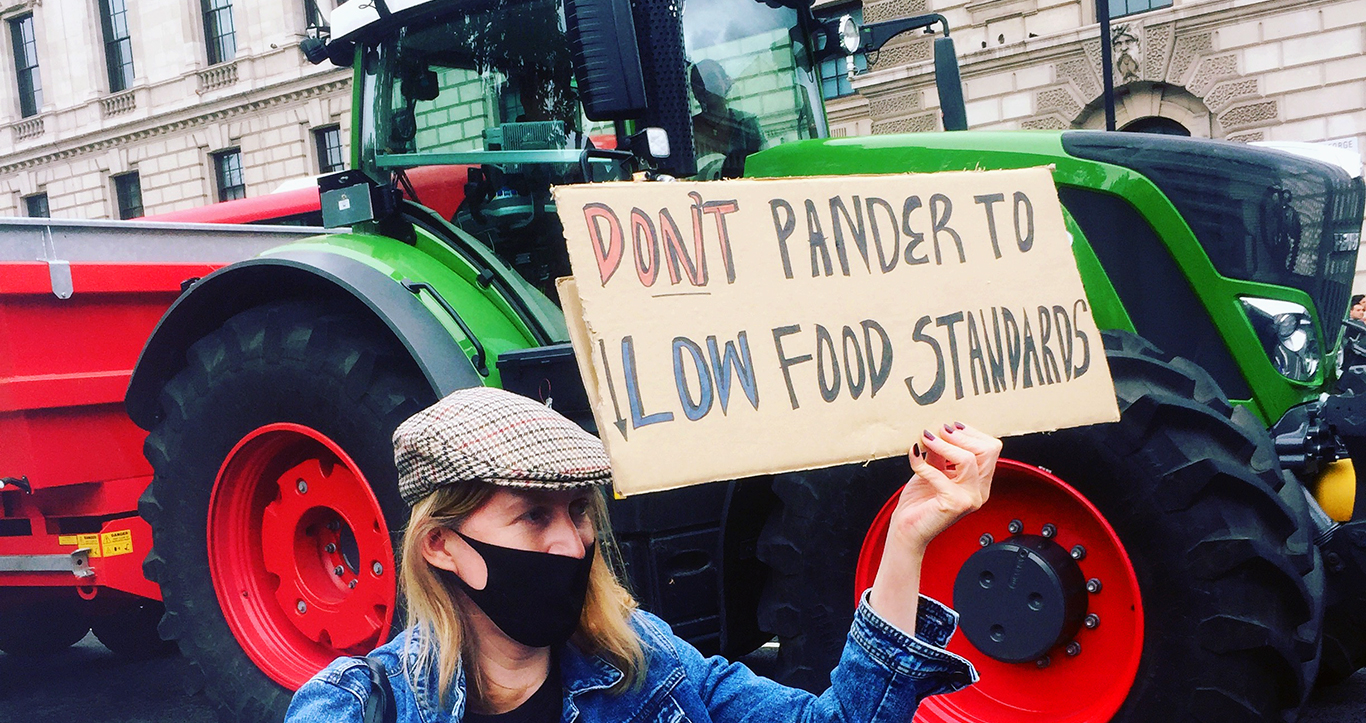If we are to continue being able to feed the world’s rapidly growing population sustainably, innovation and expert knowledge will doubtless be needed. Sadly, all too often progress means forgetting the practices and knowledge of past generations. Real progress looks backwards as well as forwards, as can be seen in the growing number of advocates in the agricultural sector calling for a return to small-scale and low-input farms. Similarly, livestock farmers are starting to look back for clues as to how they will continue to keep livestock in an environment that is changing as a result of climate change; where intensive, grain-fed farming cannot continue without severe repercussions for the physical, social and moral landscape.
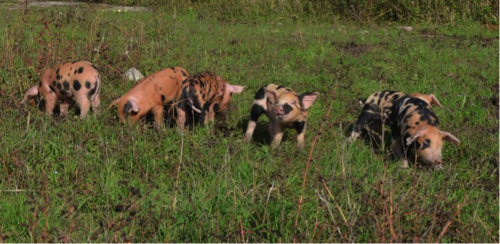
Buttle Farm’s Oxford Sandy and Blacks
At the end of the Second World War, when there was a need for the UK to maximise the efficiency and yield of food production, the British government passed a bill that recommended that British Pig farmers rear breeds of pigs that suited an intensive system of production in order to produce food quickly and in high volumes. This led to an emphasis on breeds such as the Large White and Welsh Pig that would grow quickly and produce large yields, in turn marginalising and threatening breeds, such as the British Lop and Tamworth, that were slower growing, but produced better quality meat. As a result, 26 native breeds were made extinct, and their unique qualities lost forever. Our needs now are different and the remaining rare breeds, who can thrive on lower quality land, could prove essential to the establishment of a sustainable livestock system.
The Lincolnshire Curly Coat, now extinct, was a strong and robust outdoor pig that flourished in waterlogged fields; it was able to live in deep muddy environments unsuitable for any other kind of productive use. Breeds like the Lincolnshire Curly Coat would allow us to start using land that is currently not being used at all for agricultural activity. A sustainable livestock system is secure in its own right, and does not rely on imported animal feed. It does not use productive land to produce animal feed that could be used to produce food for human consumption, and should be able to produce animals through grazing or foraging, with limited added inputs from the farmer. Our native rare breeds, adapted to local environments, may take longer to mature, but accounting for the reduced cost of inputs, lower impact on the environment and better taste of the meat, their use constitutes a viable model for farmers and consumers alike.
For this system to truly work however, there must be a shift in consumption habits. By consuming less pork, and buying more sustainable, high welfare pork when we do, we can support native rare breeds and the farmers that raise them. Local, native breed pork that is reared outside requires minimal inputs, uses land efficiently and sustainably, and sources inputs locally, benefiting our local agricultural industry and economy. The genetics of our native breeds are adapted to our local environments, and it makes sense to take advantage of these breeds, who can produce a high quality of pork on the bleakest of land, rather than those that can produce pork quickly from expensive and unsustainable farms or animal factories.
The Rare Breed Survival Trust (RBST) is doing incredible work in conserving and protecting the United Kingdom’s rare native breeds of farm animals from extinction, and in educating people of their importance.
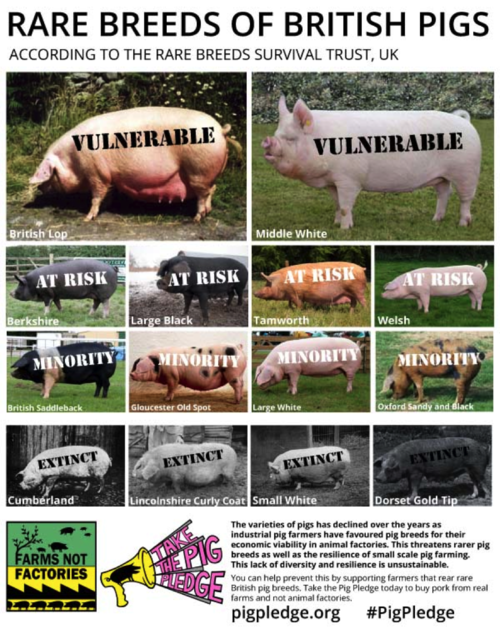
Share This Article
Related ArticlesView All
Good Food, Good Farming March 2022
The Landworkers’ Alliance ‘Good Food Good Farming‘ London march was one of a growing number of worldwide farmer protests against… Read More
Ching He Huang says #TurnYourNoseUp at Factory Farming
TV chef and food writer Ching He Huang MBE, says #TurnYourNoseUp at factory farming. Her food ethos is to use… Read More
Anaerobic Digesters Facilitating UK Factory Farm Expansion
Malcolm McAllister, CEO of Farm Renewables UK, paints a rosy picture of the anaerobic digester (AD) plants which his company… Read More
Is Red Tractor High Welfare?
When it comes to buying pork, the Red Tractor label does not offer any assurance that the pigs were raised… Read More
Cruel Farmers or a Cruel System?
The horror story experienced by US pig farmers who, between May and September, will have cruelly euthanized 10 million pigs,… Read More
New Trade and Agriculture Commission is ‘a Trojan Horse’ That Will Not Protect UK Farmers
International Trade Secretary Liz Truss, has promised that the Trade and Agriculture Commission will protect UK farmers from imports of… Read More


